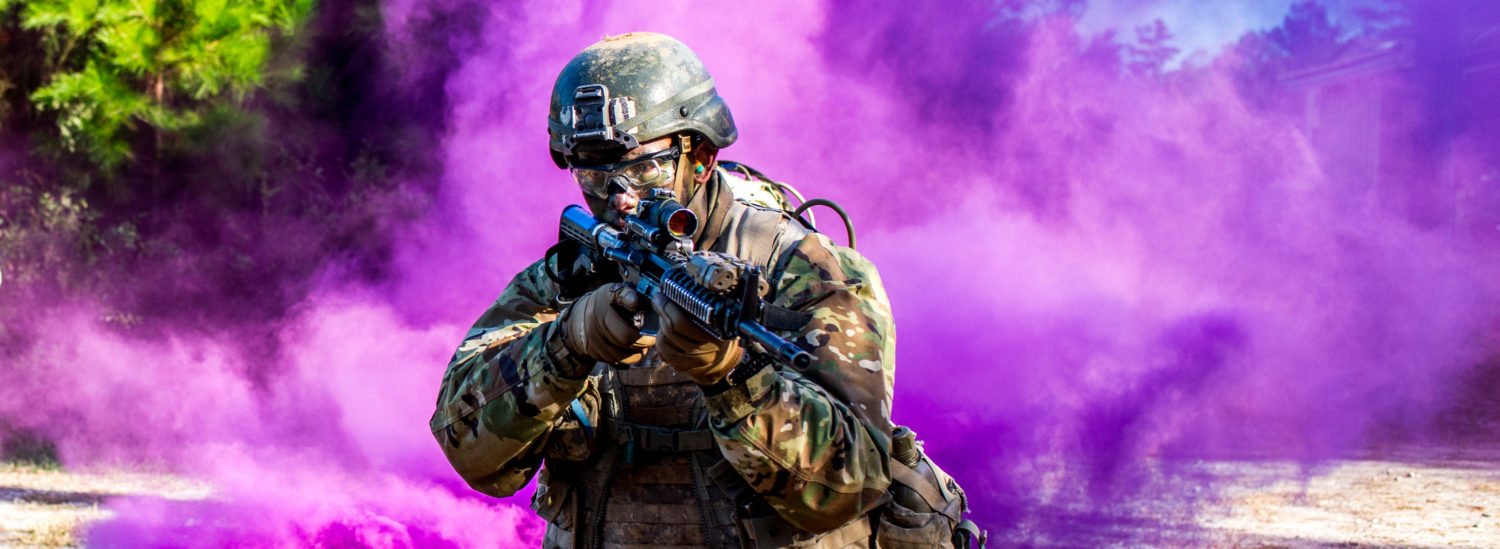“A leader is best when people barely know he exists, when his work is done, his aim fulfilled, they will say: we did it ourselves” – Lao Tzu
For those who read articles published by the Company Leader and other leadership initiative based sites in support of the Armed Forces, you understand that in order to dissect what a “Leader” is, it is important to first understand its definition. According to ADP 6-22, Army Leadership and the Profession, leadership is defined as “the activity of influencing people by providing purpose, direction, and motivation to accomplish the mission and improve the organization” (Department of the Army, 2017). This should sound remarkably familiar, as it is one of the most common board questions asked during any evaluation or promotion board.









